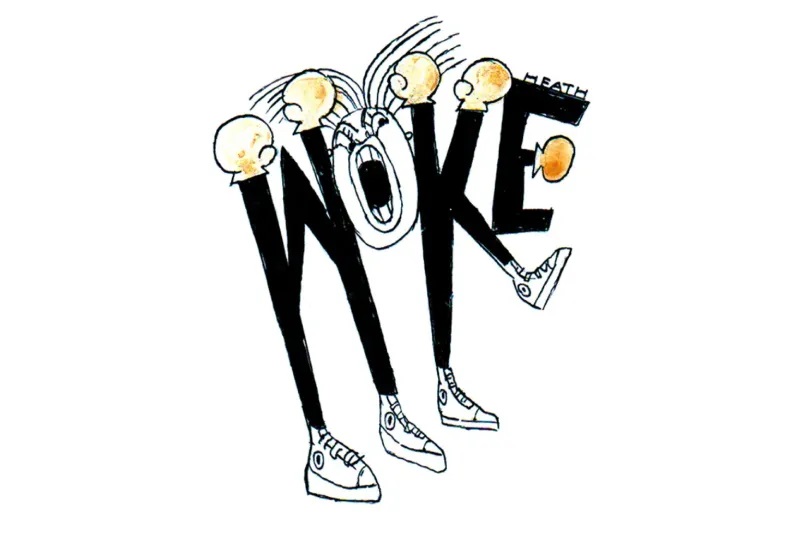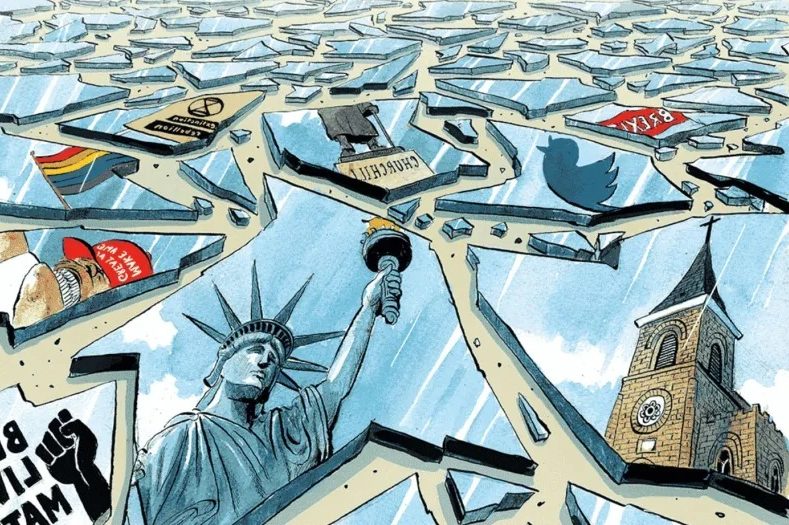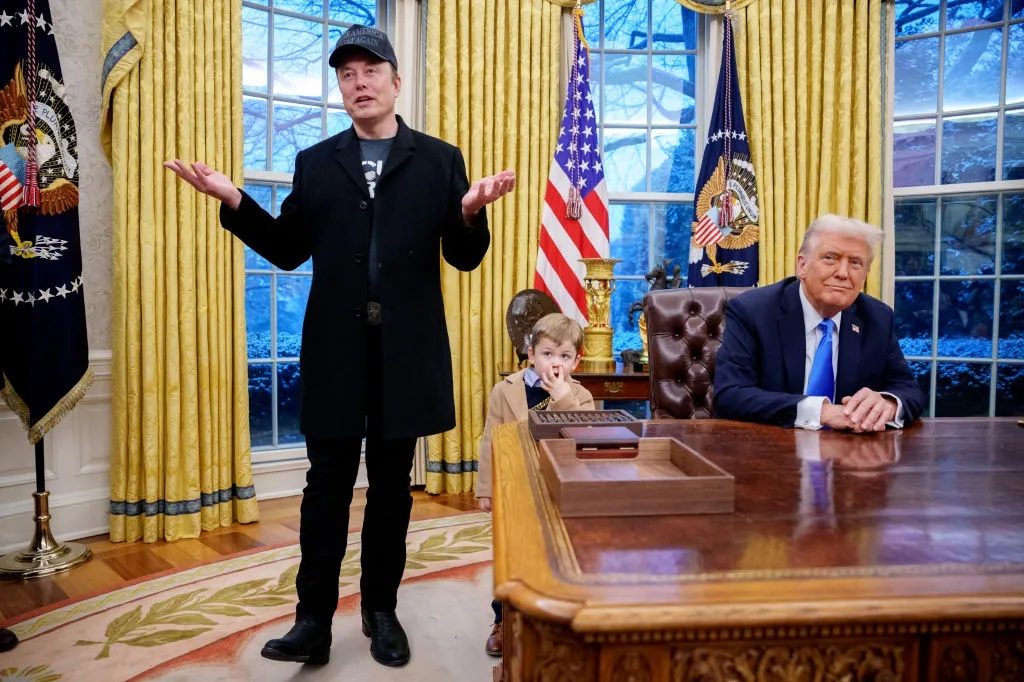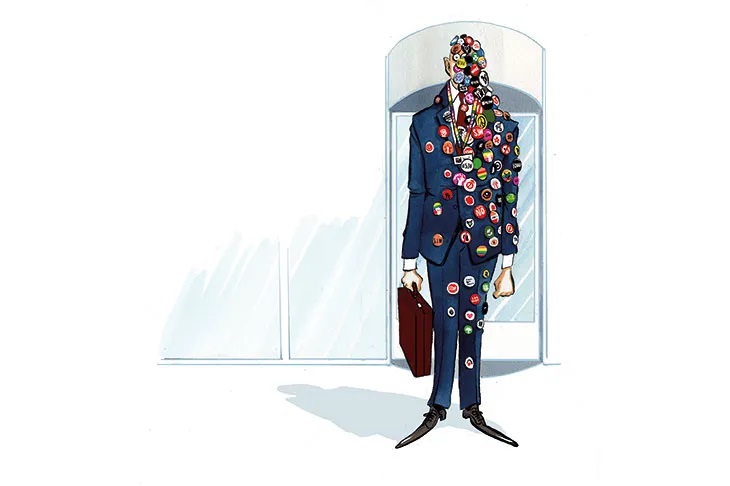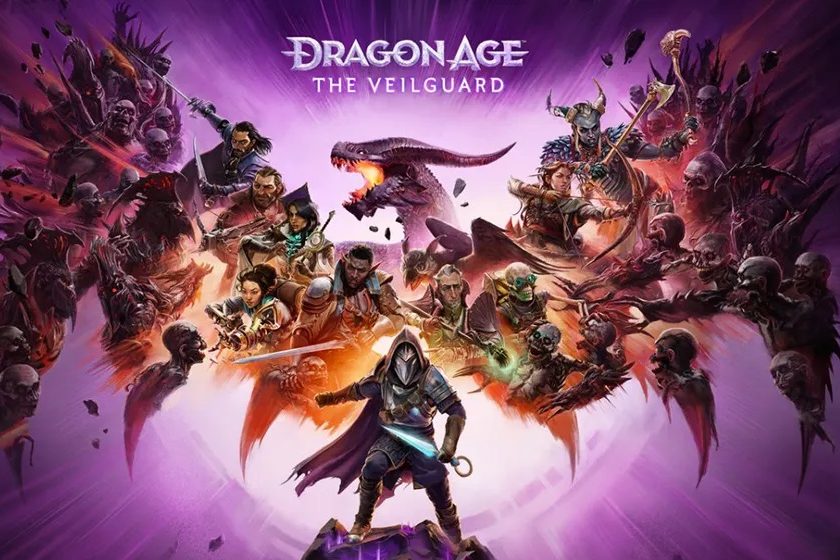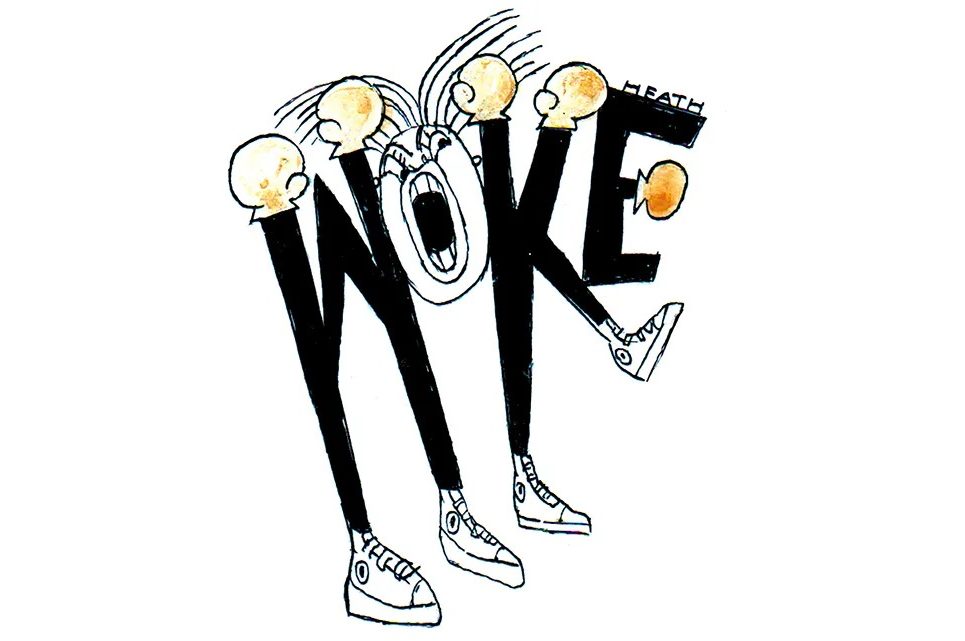The politicization of consumer products is one of the weirder developments of recent years. First, Oreos came out in support of gay rights. Then Nike extolled us to ‘believe in something. Even if it means sacrificing everything’, in its multimillion-dollar campaign with controversial former NFL star Colin Kaepernick. Now Gillette has launched a new advert calling on men to be ‘the best men can be’ and shed the nefarious habits of ‘toxic masculinity’ in the wake of the #MeToo movement.
The two-minute advert-come-public service announcement argues that men, in the words of actor Terry Crews, taken from his testimony on #MeToo in the US Congress, should hold one another accountable for their behavior. The clip shows some boys trying to hit each other at a barbecue, while their dads look on, tongs in hand, saying ‘boys will be boys’. A sitcom character ogles and grabs a woman, while blokes in the studio audience jeer in support. Bullying, violent would-be abuser is presented as men’s factory setting, and these instincts must be resisted by the intervention of more enlightened friends. One is shown stopping his mate from following a woman up the street.
The ad is aimed at updating the company’s 30-year-old slogan, ‘The best a man can get’. Images of its old ads, showing chiseled men shaving as women swoon, are spliced in — as if they, too, have been part of the problem. But the key difference between the old ads and the new is that the former were aimed at flogging us razors, rather than telling us how to live. The ‘best a man can get’ was always, presumably, an endorsement of Gillette products’ quality, rather than a call to unabashed chauvinism. But perhaps we consumers were just too dim to notice.
Unsurprisingly, the backlash to Gillette’s new ad has been swift. It was uploaded just over 48 hours ago and has already racked up over three million views. But the verdict on YouTube is clear: it’s been *liked* 60,000 times, and *disliked* a whopping 315,000 times. Tweeters and commenters are threatening boycotts unless Gillette apologizes. ‘In less than two minutes you managed to alienate your biggest sales group for your products. Well done’, wrote one viewer. It’s quickly become the latest battle in the never-ending online culture war. Piers Morgan, inevitably, has weighed in.
But the occasional histrionics aside, Gillette’s customers have a right to be irked. They want razors, not lectures. And those currently defending the ad, those wondering breathlessly why anyone would have a problem with men not battering one another or groping women, are missing the point. The thing about virtue-signaling is that it assumes that ordinary people are not virtuous, that basic decency is something they have to have drilled into them by their supposed betters. Indeed, the whole idea of ‘toxic masculinity’ — a student-politics talking point that has somehow gone mainstream — assumes that most blokes are default bores and sex pests.
The strange thing here is that Gillette probably knew this ad wouldn’t go down well. A cynic might suggest this was just an attempt to engineer free publicity. What other ad campaign could have got Gillette trending on a Tuesday morning? But what’s stranger still is that the bigwigs behind it seem completely sincere. Gary Coombe, president of ‘global grooming’ at Procter and Gamble, Gillette’s parent company, says ‘the decision to publicly assert our beliefs while celebrating men who are doing things right was an easy choice that makes a difference’. Gillette is apparently now reviewing ‘all public-facing content’ to ensure they ‘reflect the ideals of Respect, Accountability and Role Modeling’, he says.
This all sounds very noble. But it’s not. It is just the modern-day blight of right-on snobbery infecting the corporate world and a sign that, in these increasingly polarized times, there is no corner of life that will not be needlessly politicized by those who think they know better. Down with this woke capitalism.
This article was originally published onThe Spectator’s UK website.













